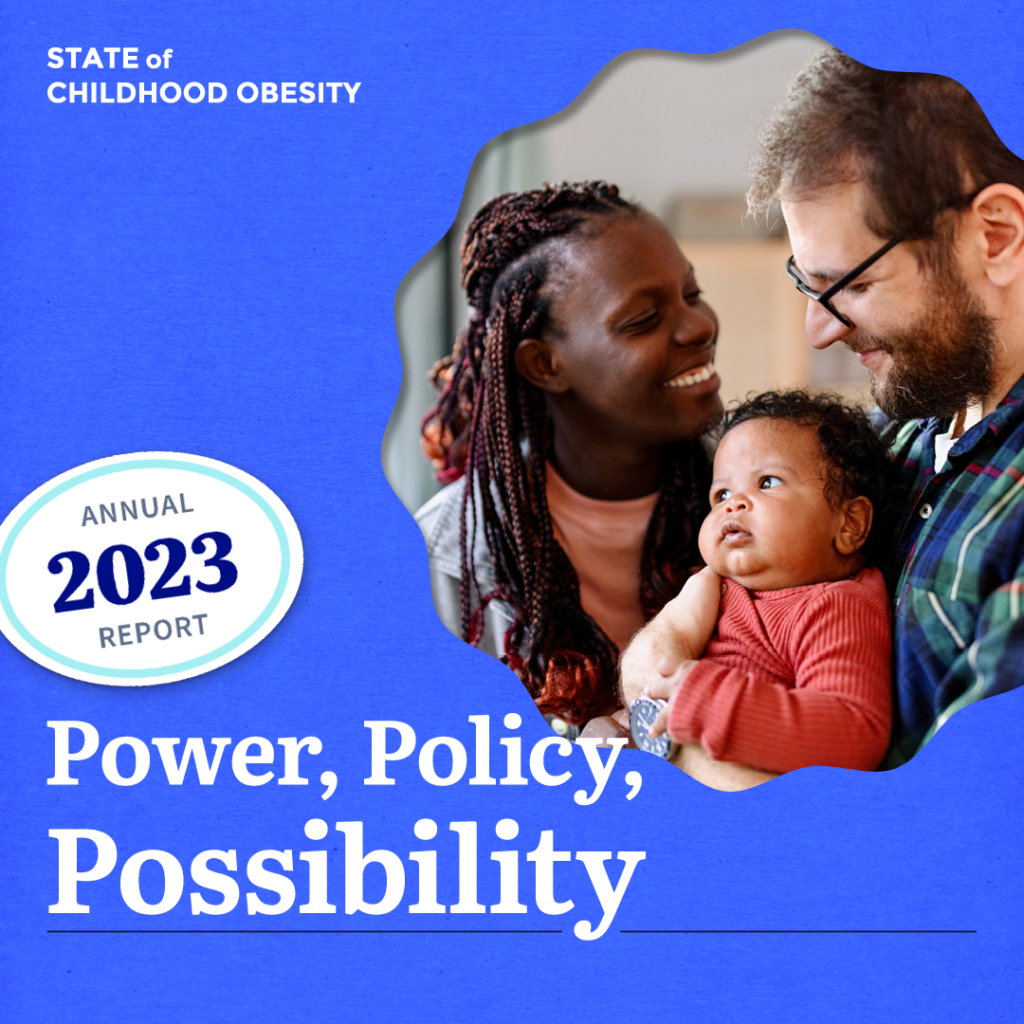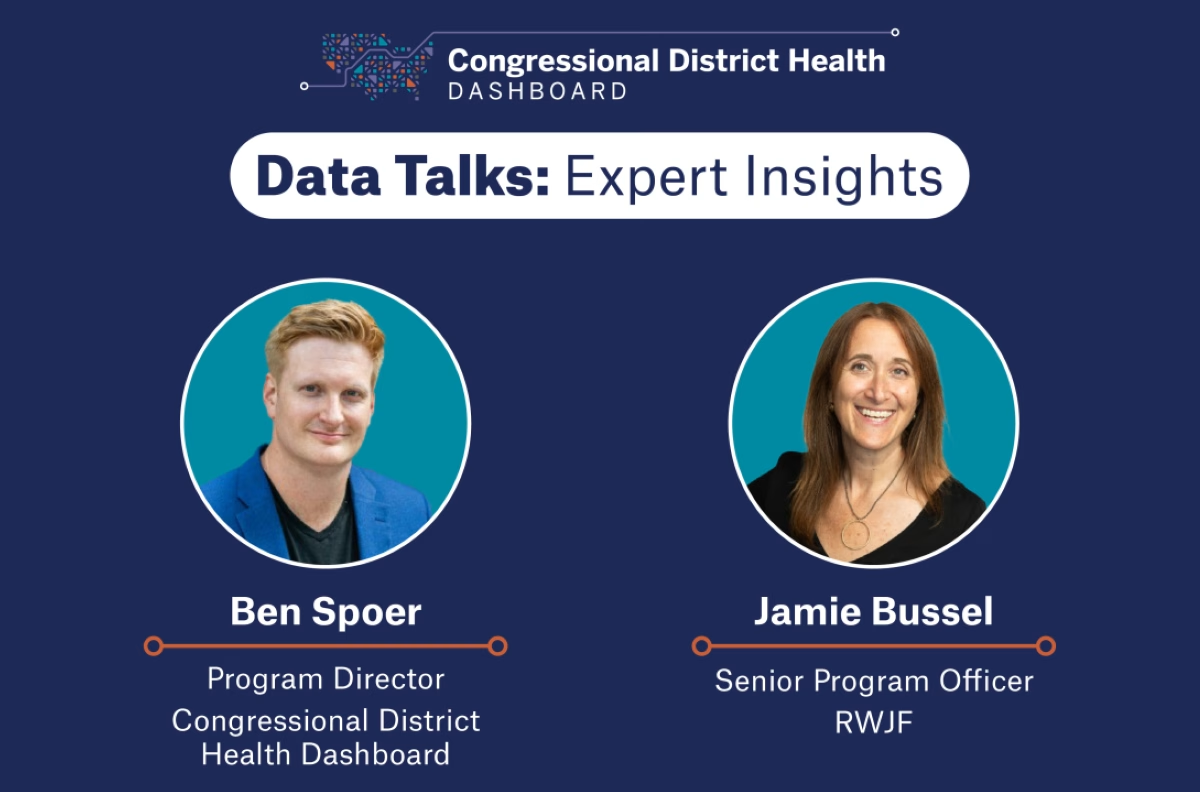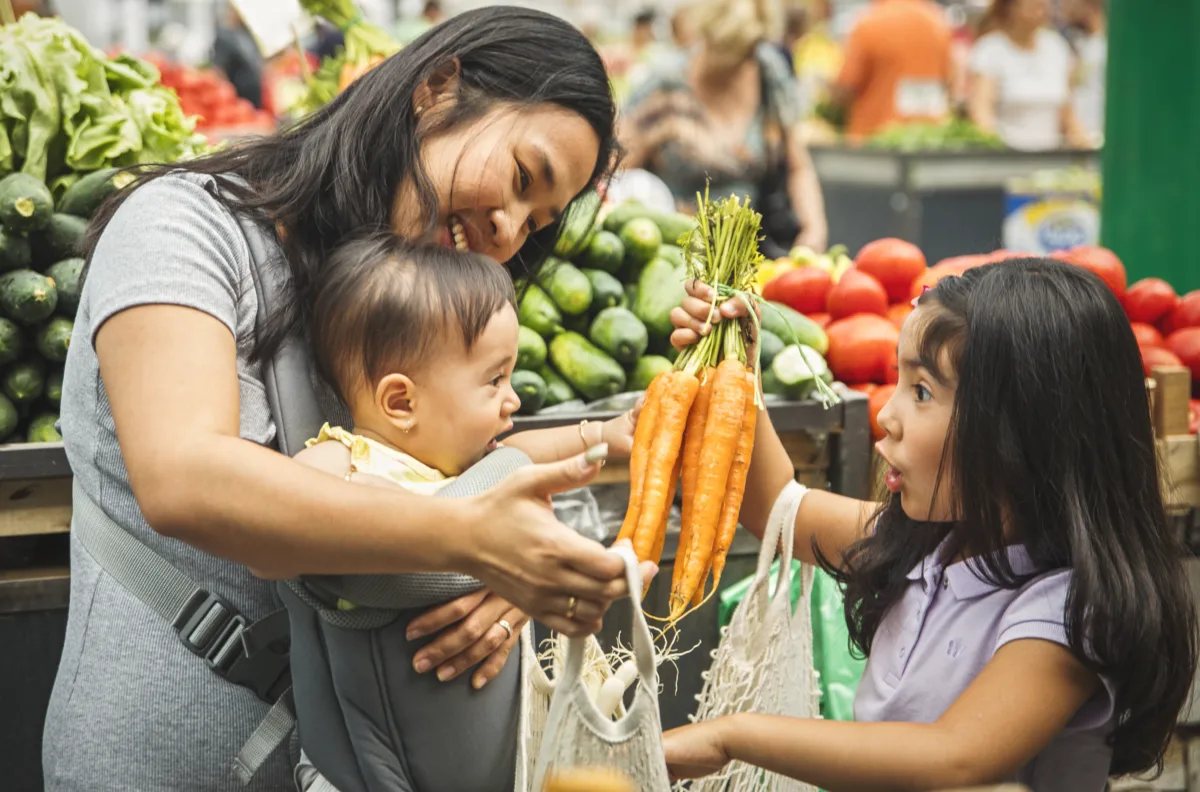The Solution: Integrating Equity Into Our Food System Governance
We can reimagine and redesign our food landscape so that it contributes to the health and wellbeing of every member of our society. Emerging research from Cornell University and ChangeLab Solutions is beginning to shape shared solutions like these:
- Include people who have experienced inequity. People who have experienced the challenges of inequities are also those closest to the solutions. Creating meaningful change and feasible solutions will require bringing together community members, people of color, food workers, and people who have been most impacted by food injustice.
- Create space for interdisciplinary conversations. Including researchers with a wide array of expertise on racism, community engagement, health, and food policy is integral to reshaping our food systems and building a society that addresses and dismantles its inequities. Combining that expertise with that of impacted community members and decisionmakers will lead to more paths forward.
- Empower families who participate in nutrition assistance programs. For example, we should change administrative policies for WIC, SNAP, and school meals programs to engage participants. Their experiences can help formulate food packages, clarify accessibility, shape the quality of benefits, and establish standards for state and local agencies to solicit feedback.
- Address the root causes of inequity. For example reducing the racial wealth gap may be a key to addressing other inequities. Today, for each dollar of wealth held by White families, Indigenous families have about 8 cents, Black families have about 13 cents, and Latino families about 19 cents. This chasm can drive so many other barriers to health.



